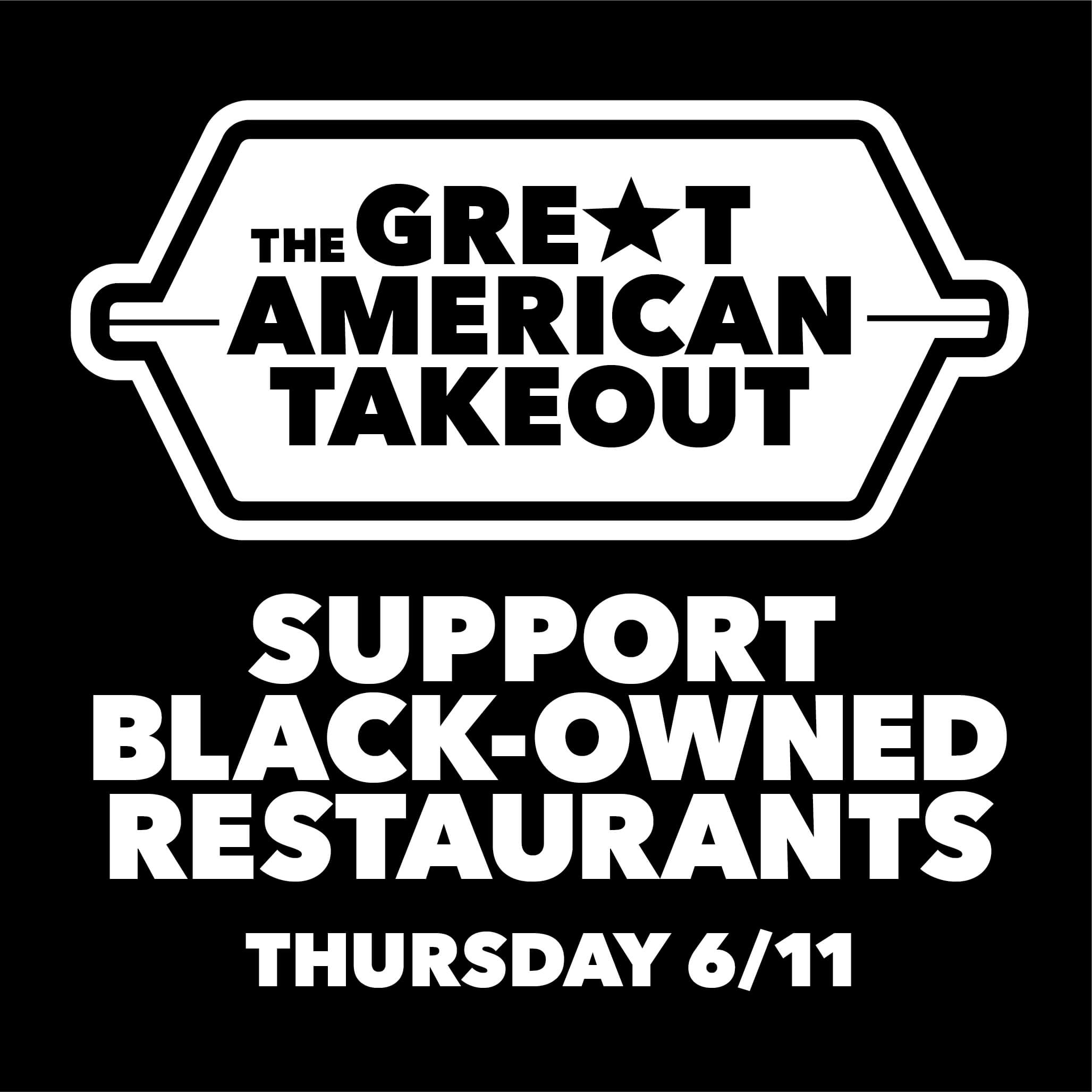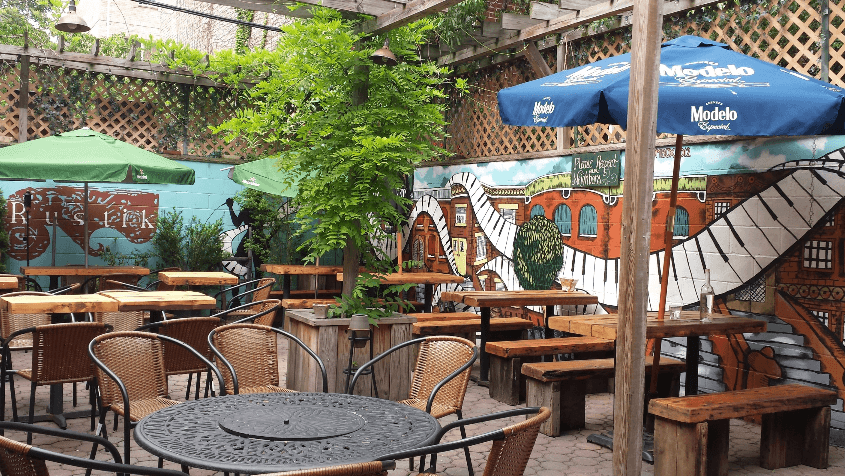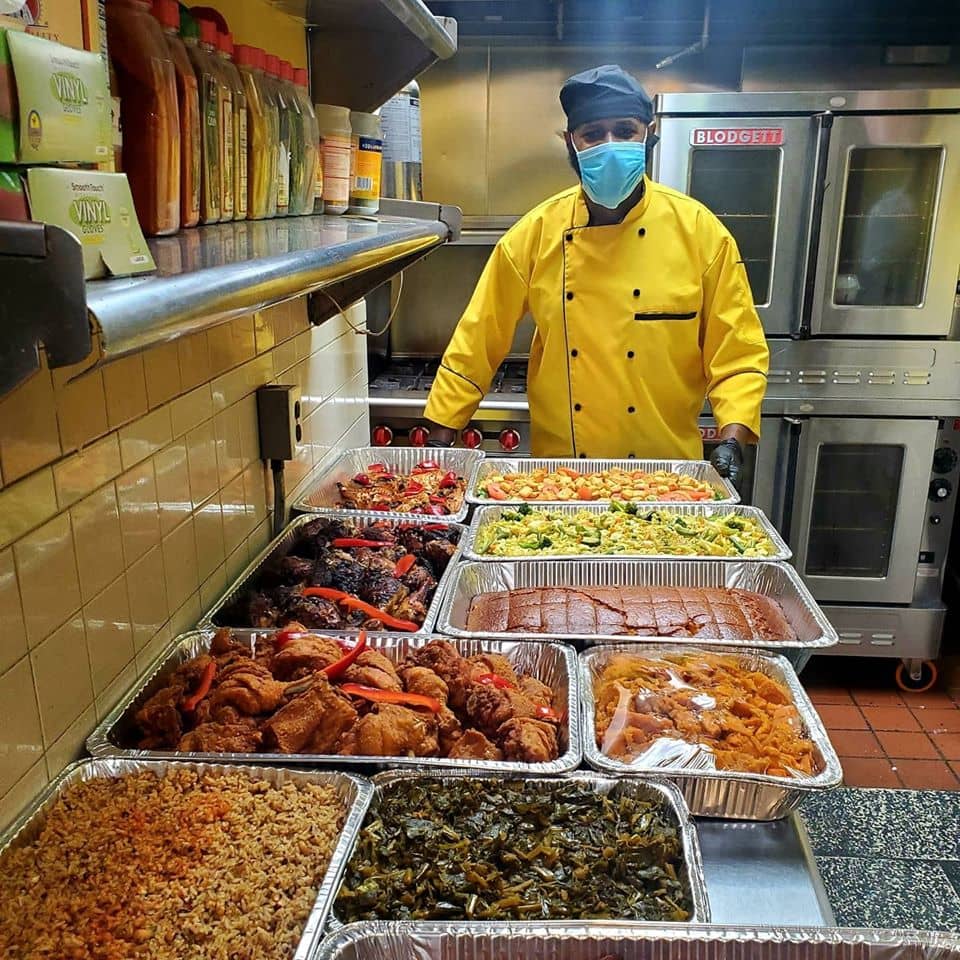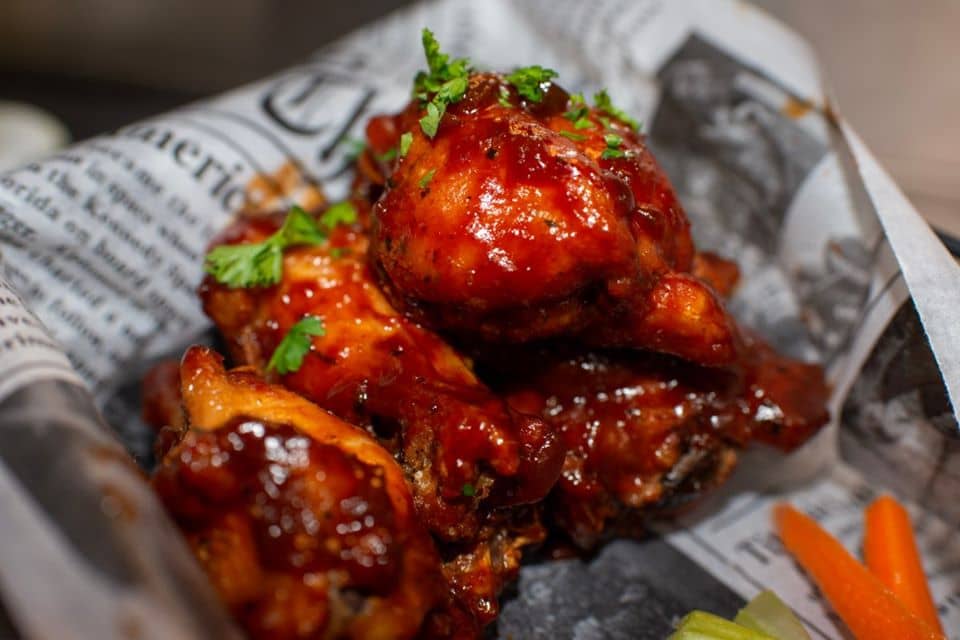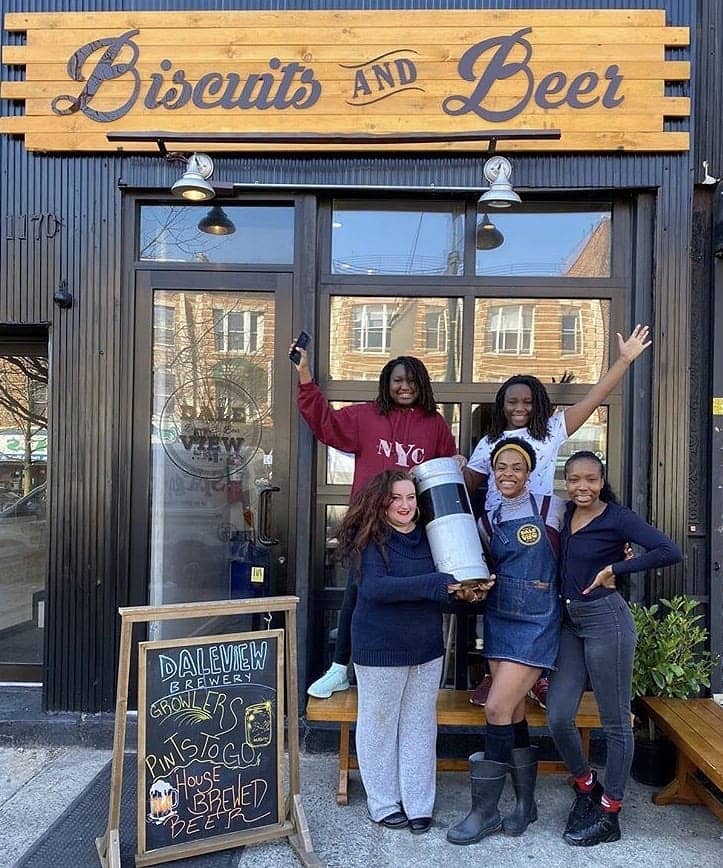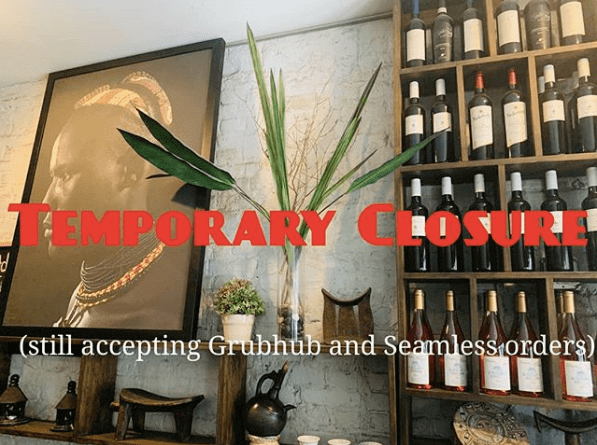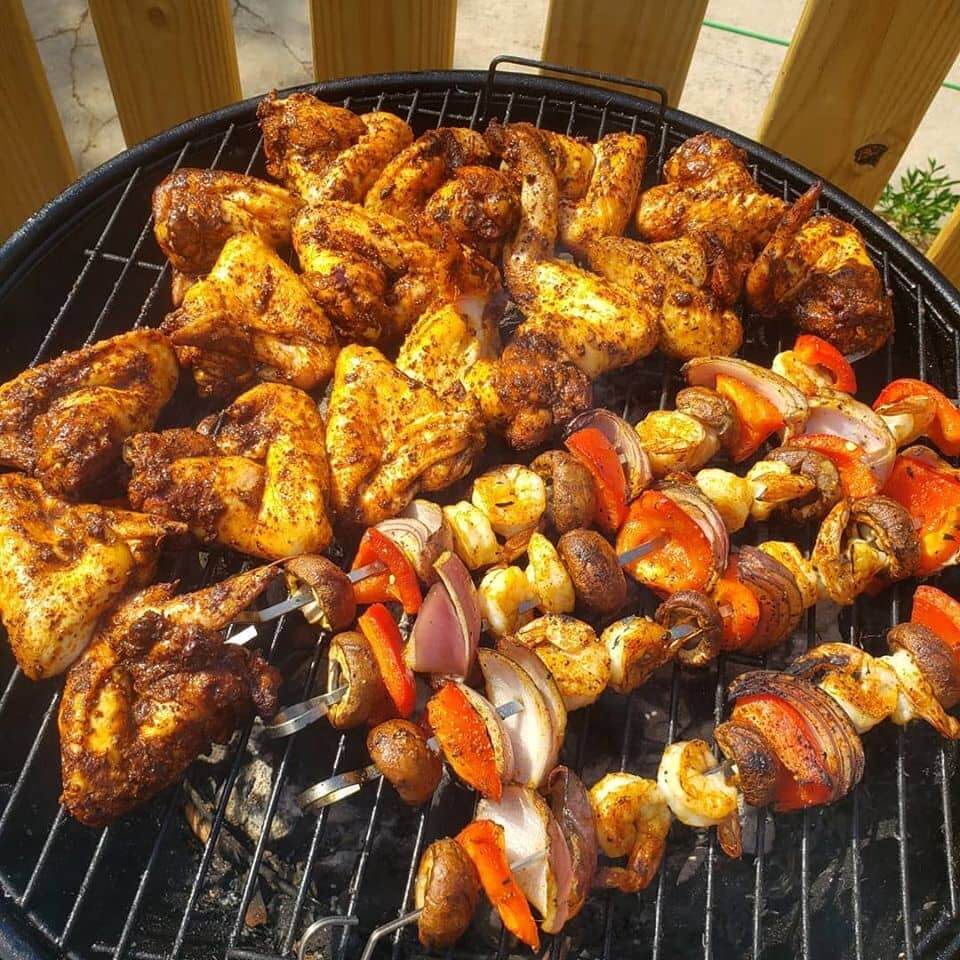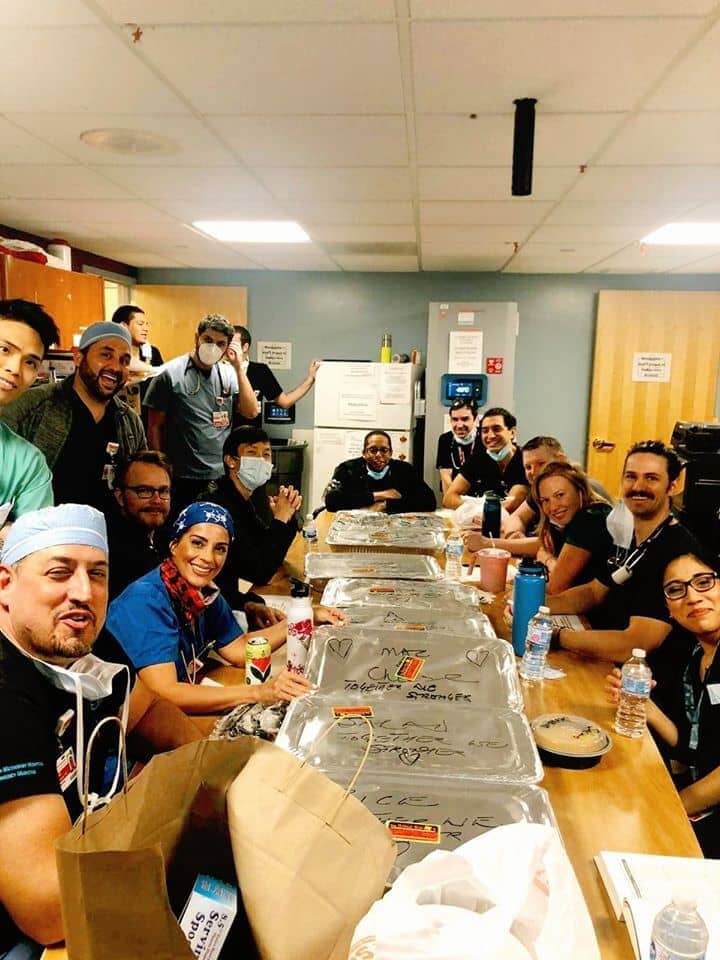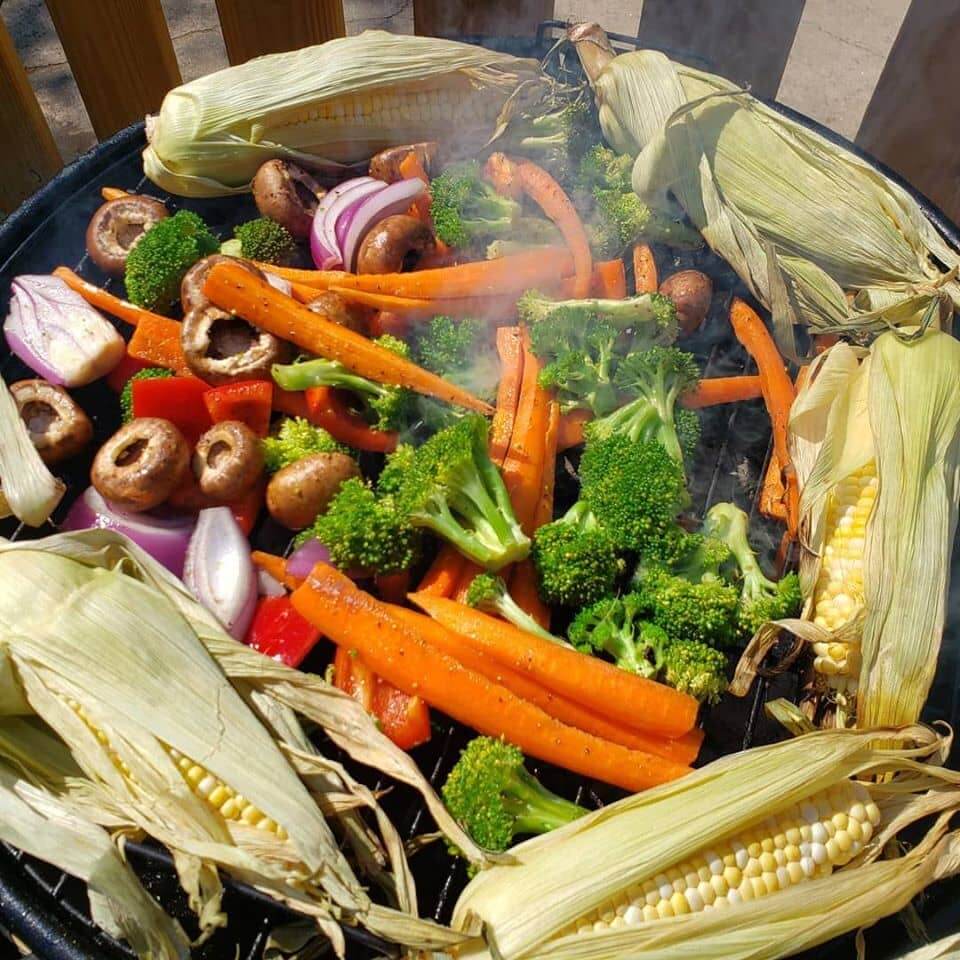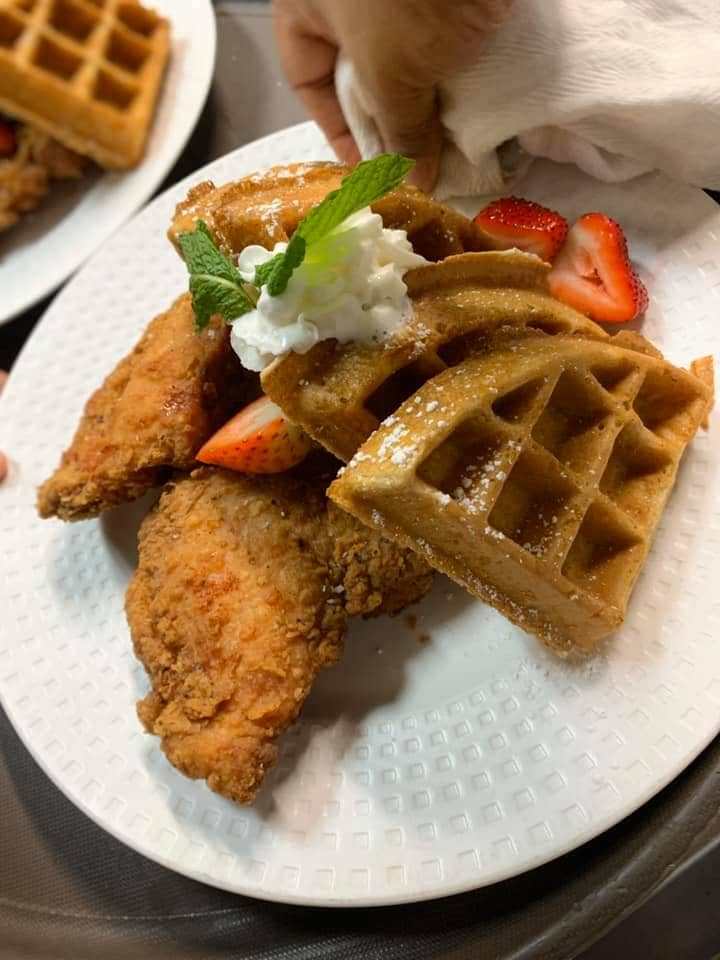As the number of daily COVID-19 cases declines, a return to semi-normalcy continues to take shape in New York City – especially for the restaurant industry. However, before eateries could implement outdoor dining on June 22, some local establishments participated in the Great American Takeout (GAT) on June 11. This day was a nationwide call for customers to support their local Black-owned eateries amid the Black Lives Matter Movement, coronavirus shutdown and phased reopenings.
History of Great American Takeout
The first-ever GAT Day took place across the country on March 24 – just days after many national and local restaurants were forced to close their dining room doors and layoff staff due to the pandemic. The call to action was for Americans to financially support these establishments through takeout orders and deliveries.
According to GAT’s Twitter on March 26, more than 15 million restaurant industry employees participated, 50,000 social posts were made, and the intended goal of $100,000 was donated to CORE, a non-profit organization that supports food and beverage service employees with children. The movement was so well-received and welcomed that Great American Takeout 2 happened a week later, encouraging diners to return to and order from their favorite places. At the end of April, GAT announced “Cinco To Go,” wherein customers could celebrate both Cinco de Mayo and Taco Tuesday on May 5.
On June 8, GAT announced June 11 would be dedicated to local Black-owned restaurants – to stand in solidarity with and support the Black community amid national civil unrest against racism and police brutality. Its website listed a directory of participating Black-owned restaurants from nearly 60 cities, states and regions. Customers were once again called to post photos of their takeout meals and tag them with #thegreatamericantakeout. Sponsors of GAT contributed a $5 donation to Black Lives Matter for every social media post featuring the hashtag and the takeout meal, up to $25,000.
Brooklyn is Number One
According to GAT’s New York City directory, 255 Black-owned restaurants from all five boroughs participated on June 11. 140 were in Brooklyn.
Bati Ethiopian Kitchen, one of the participants in Fort Greene, saw an increase in sales even before June 11 – most notably on Blackout Tuesday (June 2). “I knew Blackout Tuesday was happening and that would drive support for Black-owned businesses, but we were not prepared for that huge of a surge,” said owner Hibist Legesse. “Ever since then, we’ve been ready. It was amazing, and Great American Takeout Day probably would be included in that following surge.”
It is that kind of loyalty from the community, she said, that helps her to keep going. “We’re lucky and extremely grateful. When people come by and say, ‘We’re here for you, we love your food and we want to support you moving forward,’ those comments are heartwarming and hopeful,” Legesse added.
The Soul Spot’s owners Yaya Ceesay and Banumu Turay said they noticed a majority of orders had been made through delivery service Postmates. “I didn’t even know about Great American Takeout at first. I think Postmates put us over the top because deliveries through them basically went up 200%,” he told us on June 23, explaining that delivery apps are used when customers live beyond a one-mile radius of the Boerum Hill establishment. “We’ve been getting a lot of support from different people, including those who never knew about us before, because of this event.”
Daleview Biscuits and Beer, located in Prospect Lefferts Gardens, found itself in the GAT Day directory, which resulted in a “positive bump in business” that day, according to owner/chef/brewer Christopher Gandsy. Since the Black Lives Matter Movement began in late May, Gandsy said his business has received more media requests, requests for collaboration and expressed support. “While any support is helpful to any small business we do hope this is not a trend, as we would love to see this support and recognition be both sincere and continuous as we persevere on our journey,” he said.
Frantz Metellus, owner and CEO of Rustik Tavern in Bed-Stuy/Clinton Hill, said he had no idea how his establishment exactly got on GAT’s radar – but he was thankful and happy to be a part of such a “pretty cool event.” He said sales definitely increased on June 11. “The support is great for us when it comes from something like that. Just to have eyes on you is another wonderful thing especially during this time,” Metellus said. “That one day is not going to make up everything we’ve lost in almost four months, but it does really help us in the sense that we feel like we can make it through.”
DeKalb Avenue, where Rustik Tavern is located, was also one of the blocks where many gathered to march for the Black Lives Matter Movement last month. “We’ve had protests happen up and down our block,” Metellus told us on June 19. “It’s something that we’re right on the forefront of seeing, watching and working with. I feel encouraged because of the diversity that I see with the protests. I’ve always been one to say that it’s diversity that’s going to make this work; it’s not just one group.”
Bouncing Back from COVID-19
When Mayor Bill de Blasio signed the executive order on March 16 to limit restaurants, bars and cafes to take-out and delivery only, many owners had to make difficult, but quick decisions. Legesse was forced to remove some dishes from her menu that needed more prep time and extra time to cook, so that food could be quickly made and delivered to hungry customers. “We’ve also seen a huge spike in inventory prices with meats and vegetables,” Legesse continued. “We still have this ongoing debate about which items we have to cut from the menu because prices have completely changed due to COVID-19.”
The Soul Spot, on the other hand, was closed to customers from March 20 to May 19 because its business relied heavily on catering large events like weddings and parties. “Catering was just knocked out,” said Ceesay, who is also the executive chef. “But when the demand for takeout and delivery became high in April, we extended the restaurant’s menu and provided more dishes that I normally wouldn’t make. The menu gives diners more choice and foods to try out.” During the same period, Ceesay also cooked meals, by himself, for local hospital workers.
Rustik Tavern has worked intermittently over the last four months, taking off days here and there and shortening its hours. Metellus and his staff also worked with different organizations that fed local first responders, frontline workers and children. In terms of menu adjustments, Metellus said he wanted to stick with their staples and customer favorites. “Trying new food items didn’t really make sense to me at the time,” he continued. “We started selling our cocktails to go and we did make family-sized meals to try to bring people in.”
Daleview was closed to the public for the first two months of the pandemic, but reopened on May 28 with an adjusted menu. It now features several new dishes; family-style, gluten-free smoked and fried chicken meal boxes; and canned cocktails, retail wine and liquor to go. “Since reopening, we have noticed a slight decline in sales due to the restrictions to takeout only, as we do not offer delivery and no longer have the same walk-in traffic,” Gandsy told us on June 25. “All orders are taken on our website, call in, or in-store.”
All four establishments were also eligible for the Payment Protection Program (PPP) and received financial assistance, allowing them to use funds to pay their staffs. “At the end of the day, it’s simply not enough to take care of 100% of your bills. We are struggling and have been struggling for a really long time, even though the resurgence was amazing,” Legesse said.
Metellus echoed Legesse’s sentiment, adding that although the PPP doesn’t cover everything, every bit helps. “The possibility of aid early on is what kept me around. I definitely thought that we were going to close,” he said. “But the funding is what gave us the hope that we were going to be able to stay open.”
Looking Beyond Phase 2
Mayor de Blasio announced the morning of June 22 – the same day outdoor dining could be implemented – that nearly 3,200 NYC restaurants wanting sidewalk and curbside seating applied and qualified. Legesse was planning to apply for a temporary outdoor license when she spoke with us that same day. Since Bati Ethiopian Kitchen has a very small outdoor space, she said it would be ideal to maximize the sidewalk outside its doors to the curb. Legesse also noted that the establishment didn’t open for outdoor dining straightaway because she was thinking about her staff’s health.
“I’m on the defense about getting my staff to come back to work and actually exposing them [to the virus]. Some live far away and might not want to take public transportation. It also depends on how many staff members we would need to actually accommodate the outdoor dining,” she said. “If we do get the temporary license, one employee has already volunteered to do some shifts. But outside of that, I have no idea when we’re going to reopen with normal business hours because there will be so many guidelines. We’re just waiting, day by day, to see how things change.”
Metellus said he wasn’t ready to immediately reopen for outdoor dining either, noting that safety was his main priority. “It’s all about doing it right and getting it right. We don’t want to have to shut down,” he said. “We’ll take our time to find the right way to do this and make sure we have staff on board, fully trained and ready to go. Moving forward, we’re going to have a reservation-only system in our outdoor patio space, hopefully.”
Like Metellus, Gandsy wasn’t ready to reopen his brewery during the first week of Phase 2. However, he plans to transition into Phase 2 slowly with outdoor dining, noting that the staff can’t wait to see their customers in person. Daleview is also looking to expand their footprint in Brooklyn to a space with a larger commercial kitchen and interior seating.
Ceesay is looking forward to getting his catering business back up and running, noting that weddings and receptions are being rescheduled for the fall. “If Phase 3 or 4 can bring the numbers back up, that would bring us back,” he said.
Top photo courtesy of Great American Takeout
Collage above is comprised of photos from the websites and social media accounts of the aforementioned restaurants
Author
-

George Fiala has worked in radio, newspapers and direct marketing his whole life, except for when he was a vendor at Shea Stadium, pizza and cheesesteak maker in Lancaster, PA, and an occasional comic book dealer. He studied English and drinking in college, international relations at the New School, and in his spare time plays drums and fixes pinball machines.
View all posts
George Fiala has worked in radio, newspapers and direct marketing his whole life, except for when he was a vendor at Shea Stadium, pizza and cheesesteak maker in Lancaster, PA, and an occasional comic book dealer. He studied English and drinking in college, international relations at the New School, and in his spare time plays drums and fixes pinball machines.

